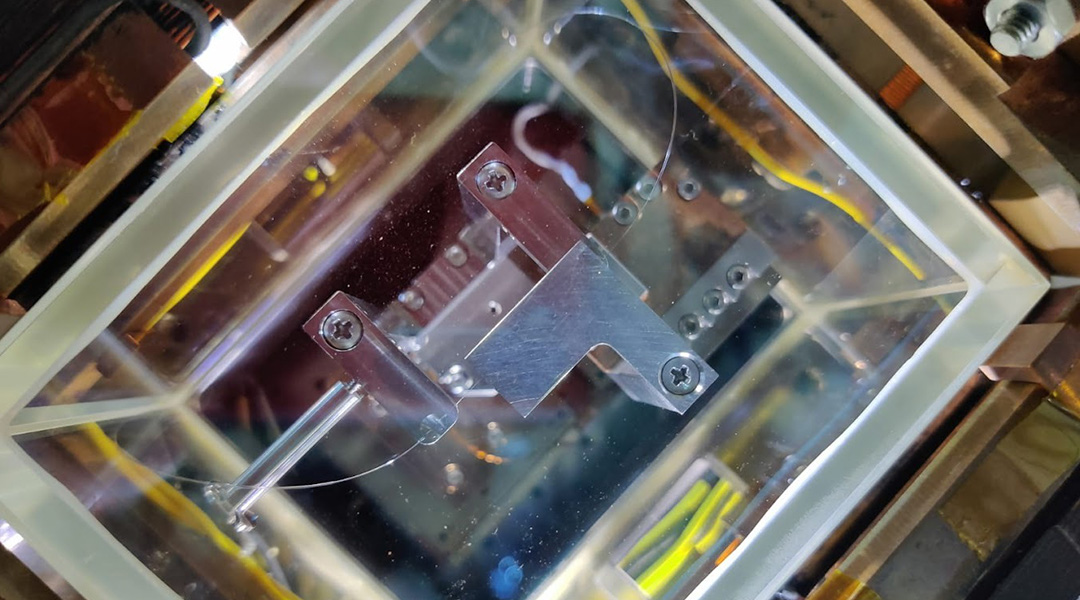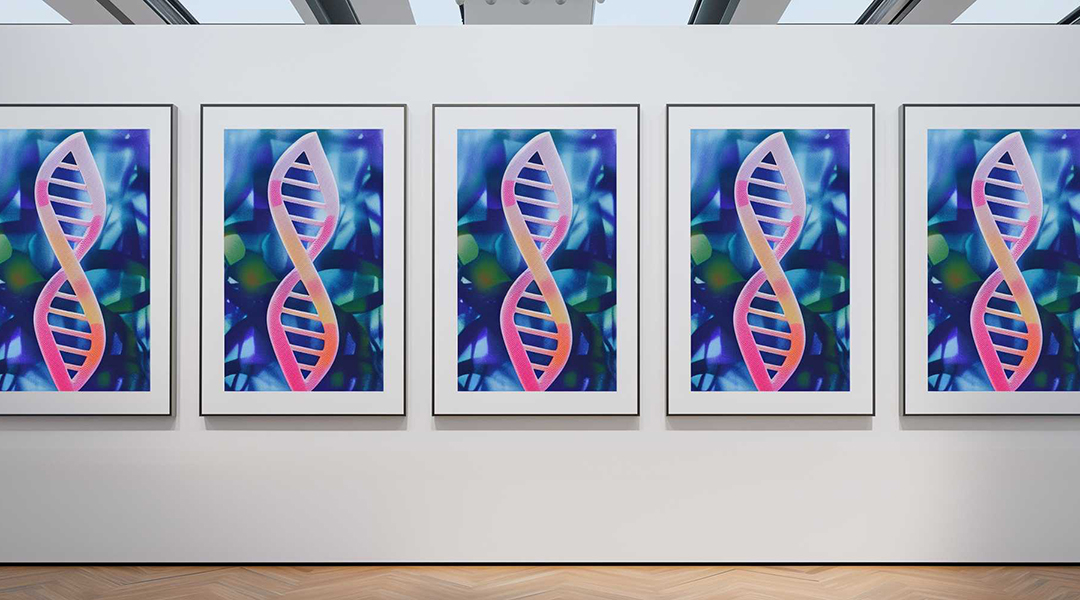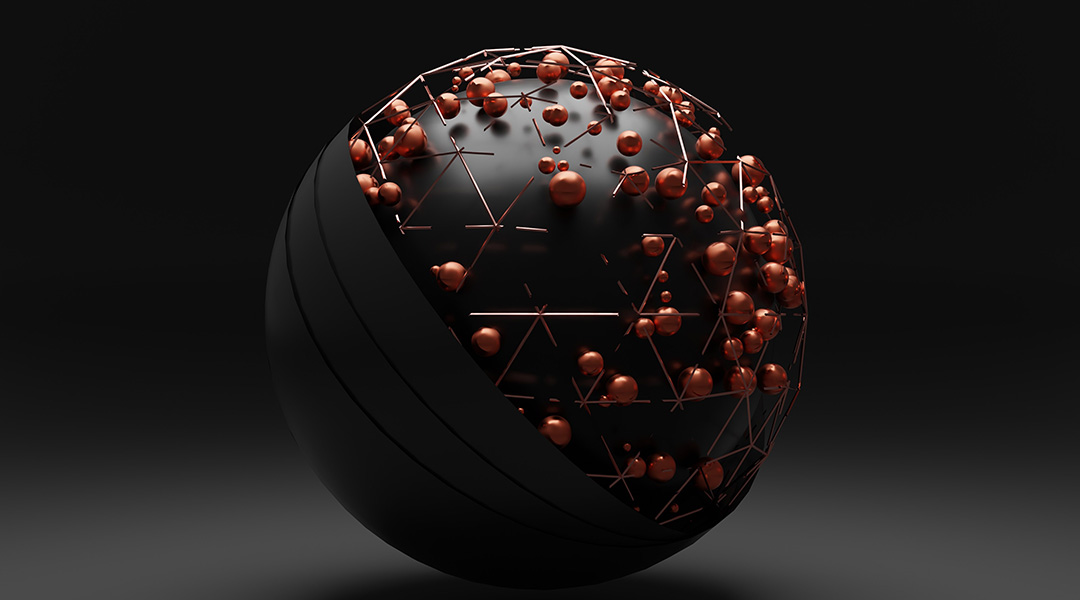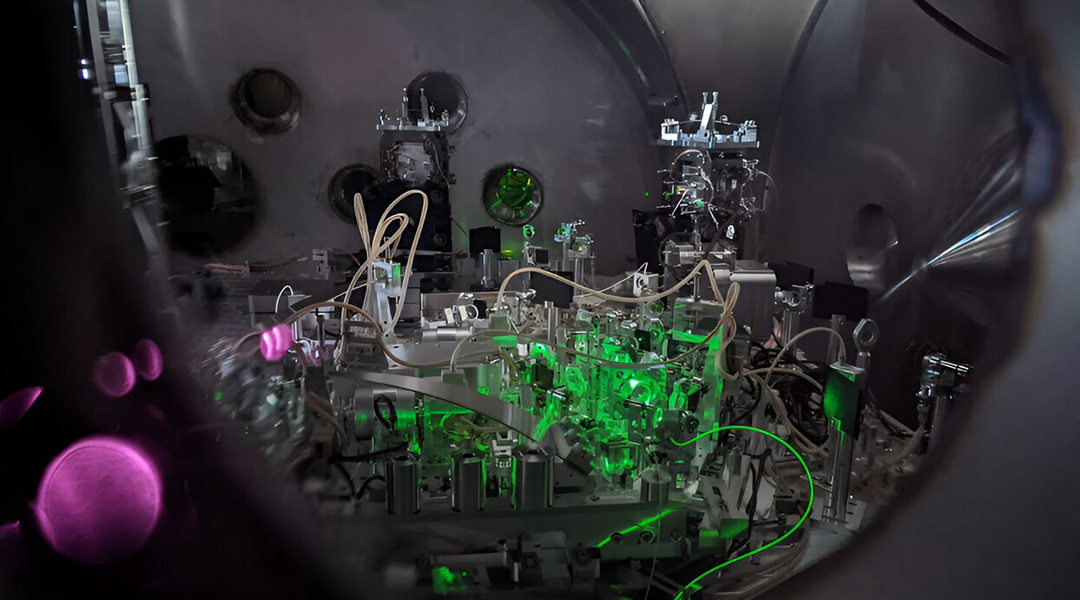Machine learning unveils the ideal structure of a quantum memristor, which could one day surpass current computing systems.


Machine learning unveils the ideal structure of a quantum memristor, which could one day surpass current computing systems.

In theory, quantum communications should be impossible to hack, but study shows this may not be true in practice.

This new brain–computer interface detects weakened brain signals and boosts them to healthy levels, potentially reversing cognitive aging in the brain.

Chaotic pools of DNA could be the future of encryption, proving authenticity of artwork or securing passwords against quantum computers.

In addition to ensuring the secure transfer of quantum communications, researchers have come up with a way to safely store and process data.

A radical superconducting qubit design promises to extend their runtime by addressing decoherence challenges in quantum computing.

Scientists achieve groundbreaking room-temperature quantum coherence for 100 nanoseconds, propelling molecular qubits closer to practical quantum computing.

Scientists pioneer mixed-valence molecules in quantum-dot automata for faster, room-temperature operation, overcoming transistor limits.

Physicists working on LIGO have surpassed the quantum limit to enhance gravitational wave detectors and revolutionize astrophysical observations.

Harnessing quantum dots to produce low-energy single photons for applications in secure communications and quantum computing.